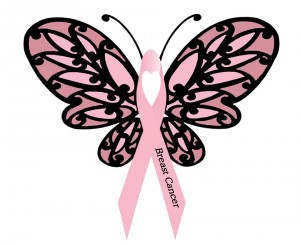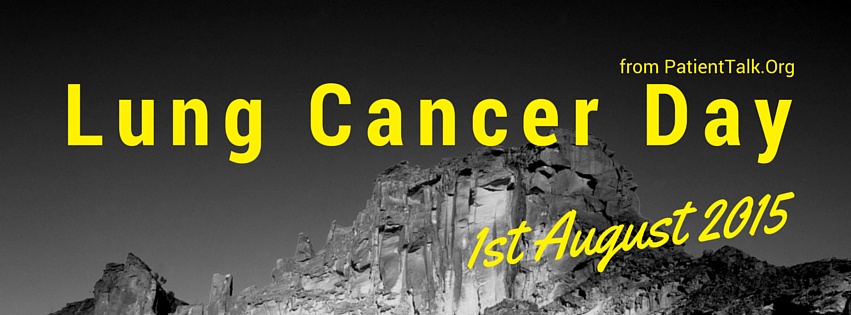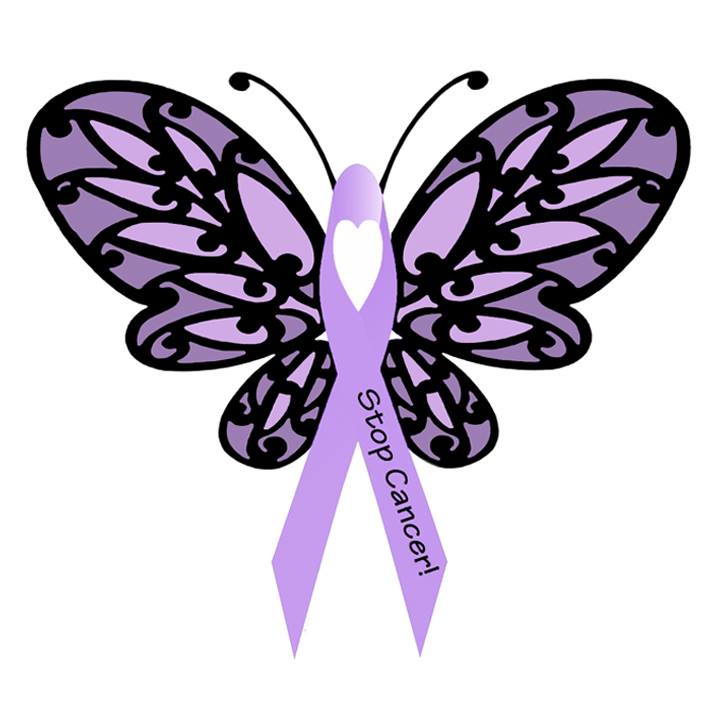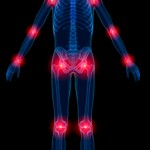The Breast Care Centre, which opened in 1999, is a purpose built unit at Glenfield Hospital which brings together the specialist staff needed to provide the majority of breast care services for the people of Leicester, Leicestershire and Rutland.
Past and current patients, relatives, visitors and staff are invited to come along to see what happens behind the scenes in the department in a bid to raise awareness of the service provided.
On the day there will be exciting activities taking place for visitors to enjoy. There will also be department tours, with demonstrations of the equipment and imaging procedures.
Amanda Gibby, General Manager for Breast Imaging at Leicester’s Hospitals, said: “It is important that women are aware of the importance of attending their breast screening invitation and also the signs and symptoms of breast cancer, which is why we are holding this event. We hope to welcome and educate as many people as possible during our open afternoon, and will be using the opportunity to raise some money for our Breast Care Butterfly Account, which will be used to purchase new equipment to improve patient care and experience.”
Breast Screening is offered to women from the age of 50-70 every three years and women over the age of 70 years can self-refer for screening. Women invited for screening are given the choice to attend the centre at Glenfield or visit one of our mobile units, which aim to make screening more accessible in the counties. Detecting cancer early can mean that treatment is more effective. However, not all changes are a sign of breast cancer.




